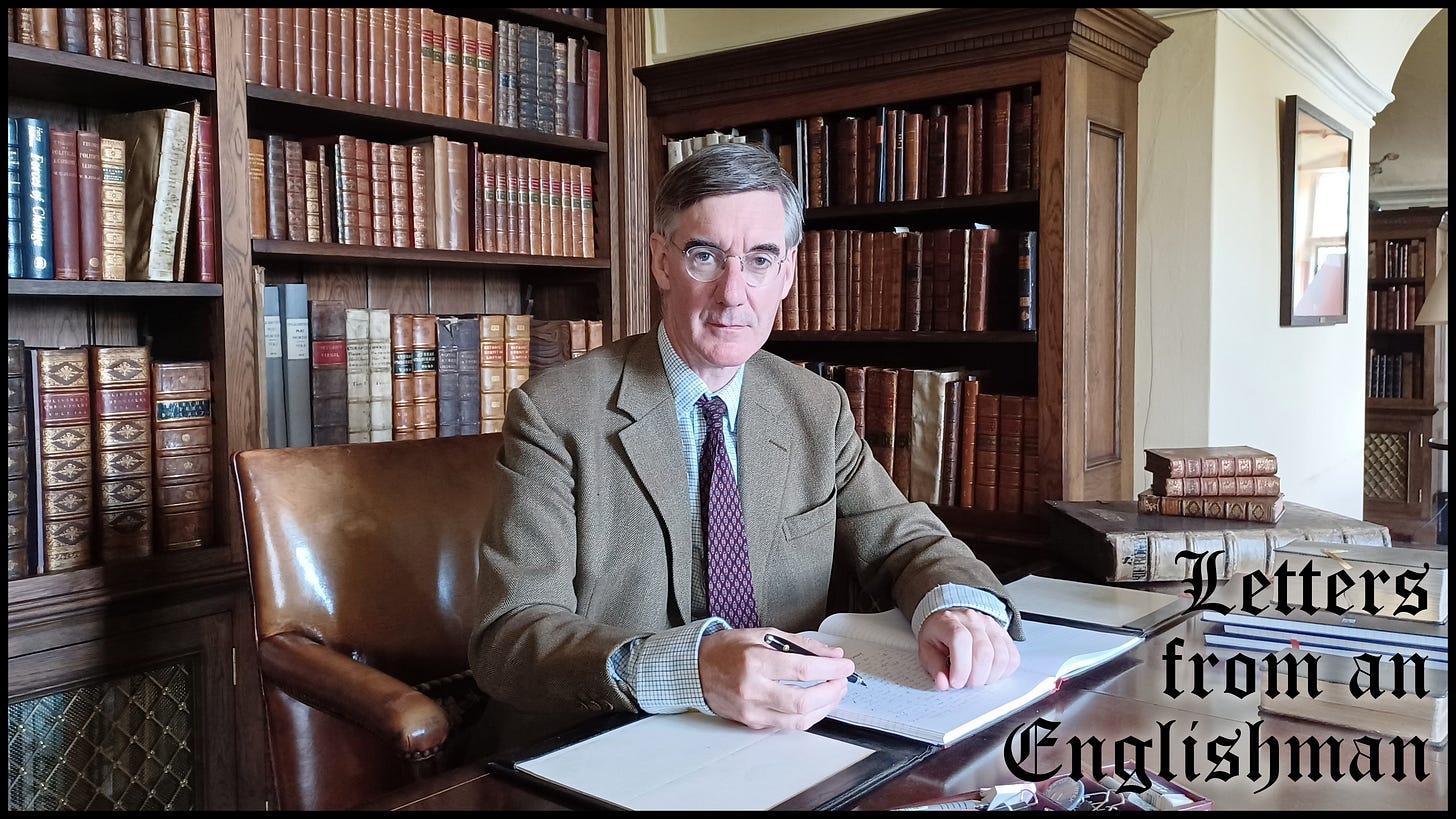In the past few days, the Government, the Conservative Party and Reform have all made major announcements on the economy. In the United States, a hard left Democrat, Zohran Mamdani, has been elected as Mayor of New York, on an economic platform relating to the cost of living. Economic discontent is back at the front of political discourse because Western living standards have seen relative decline and voters are increasingly unhappy.
The causes of this decline are poor monetary policy from independent central bankers, mass migration keeping wages down, and at least in Europe, high energy prices combined with governments that seek to do too much and do it badly. None of this is inherently irreversible.
The failures of monetary policy started with the global financial crisis. Although it was right to print money, under the euphemistic term of quantitative easing (QE), to avoid a 1930s US-style depression, it went on for too long and interest rates were not normalised soon enough. The Price of Time by Edward Chancellor explains this exceptionally well. The problem was then compounded by the response to Covid.
Quantitative easing was a reasonable policy in an attempt to deal with a credit crunch. Banks were short of cash but not of assets so, in a classic central banking move, money was advanced to banks that were solvent but illiquid. This required vast sums from governments who, in a degree of haste, also bailed out some banks that were probably at the time insolvent.
In response to Covid, QE was a mistake because the shutdown caused an interruption in supply while demand was steady, so that more money led to higher prices. This caused inflation, which cannot now be reversed without significant financial pain, but can, by a more cautious monetary policy, be prevented from occurring or continuing from now on.
Mass migration as a cause of low wages is similarly a matter of supply and demand. In any economy, if the supply of labour is increased, it will take time for demand to match the supply, so prices will fall. Minimum wages do not help because those most recently arrived, particularly those who are here illegally, will work for less than the minimum wage. They are easily exploited by criminal employers, and this inevitably undercuts the domestic workforce.













